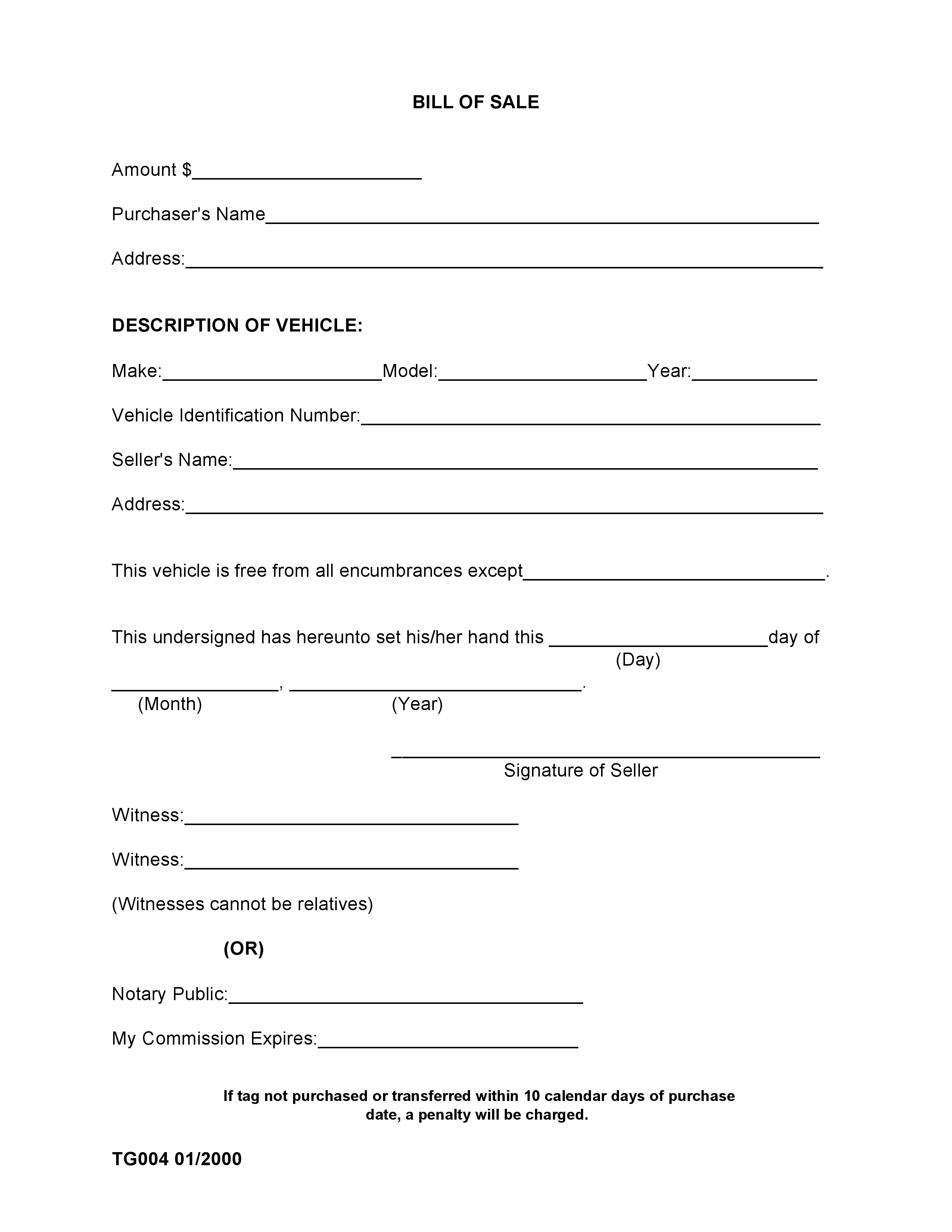

The first of such being the Bills of Sale Act 1854 which was repealed and re-enacted by the Bills of Sale Act 1878 which was almost on all fours with the 1854 act. The evolution of various bills of sale laws, within the US, was to curb the use of the bill of sale as a means of defrauding innocent persons. This scenario made the bill of sale a veritable tool of fraud. A common feature of such dispositions is that the owner mortgagor remains in possession and exercises all the attendant rights of ownership, which may be so overwhelming as to induce a third party to accept the same chattel as a security for a grant, albeit without notice of the first mortgagee. The term "bill of sale" originally referred to any writing by which an absolute disposition of personalty for value was effected or evidenced. īills of sale in the US Historical origin This area of the law was subject to review by the Law Commission, which published a proposal for change in 2017. In England and Wales, they are regulated by two Victorian pieces of legislation: the Bills of Sale Act 1878 and the Bills of Sale Act (1878) Amendment Act 1882. by individuals and unincorporated businesses.īills of sale exist at common law quite independently of any legislation.to transfer ownership of moveable tangible goods and.to transfer ownership of goods that people already own.

Bills of sale may be used in a wide variety of transactions: people can sell their goods, exchange them, give them as gifts or mortgage them to get a loan. It is used in situations where the former owner transfers possession of the goods to a new owner. ( Learn how and when to remove this template message)Ī bill of sale is a document that transfers ownership of goods from one person to another. ( December 2010) ( Learn how and when to remove this template message) You may improve this article, discuss the issue on the talk page, or create a new article, as appropriate. The examples and perspective in this article may not represent a worldwide view of the subject.


 0 kommentar(er)
0 kommentar(er)
